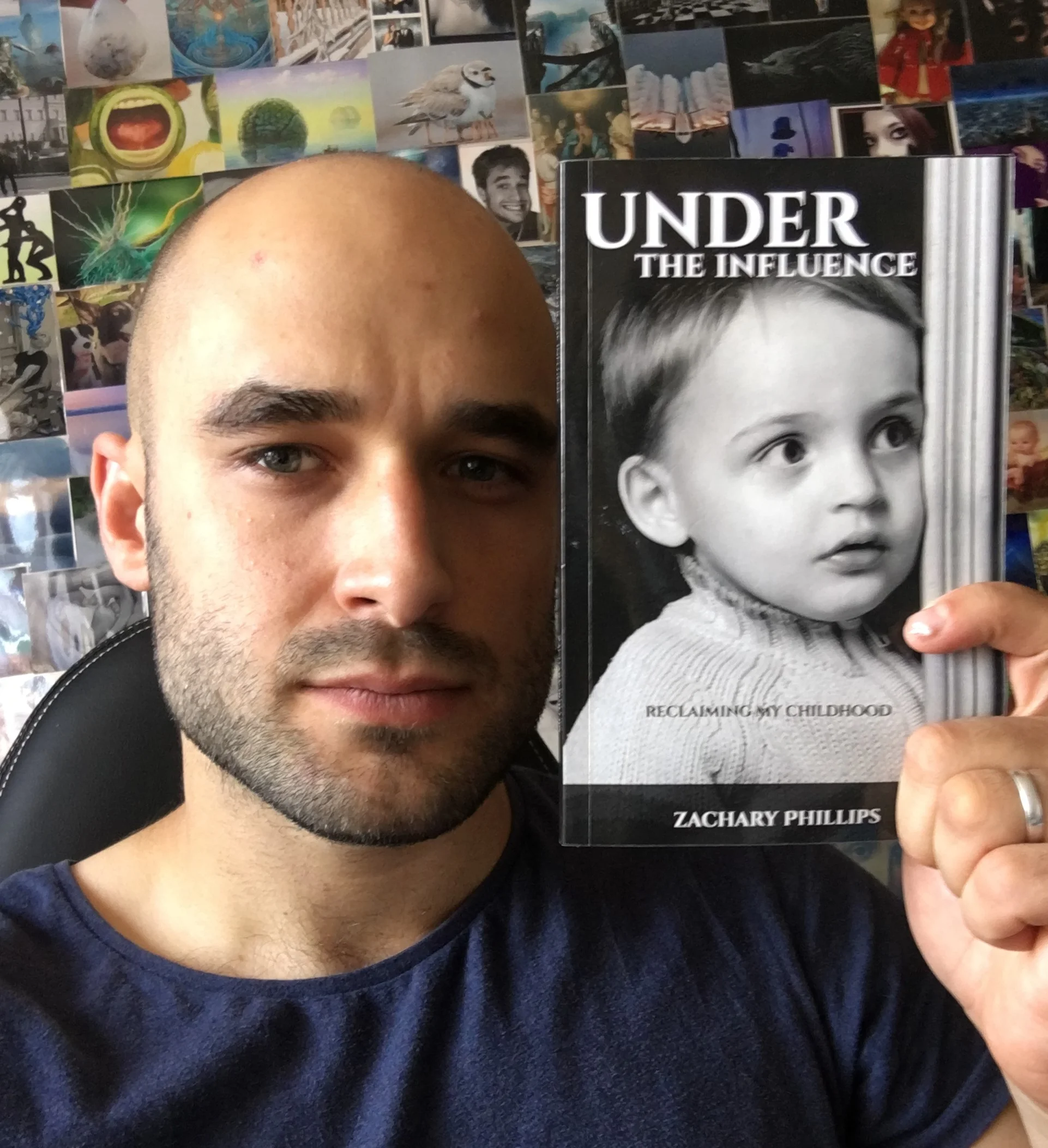It's Not Okay To Be Okay...
/It’s okay to not be okay… but is it okay to be okay? Are we romanticising mental illness? What can we do to best safeguard our ongoing mental health?
In this episode I muse on these questions, as well as break down the come down from Christmas season…
Read More




















